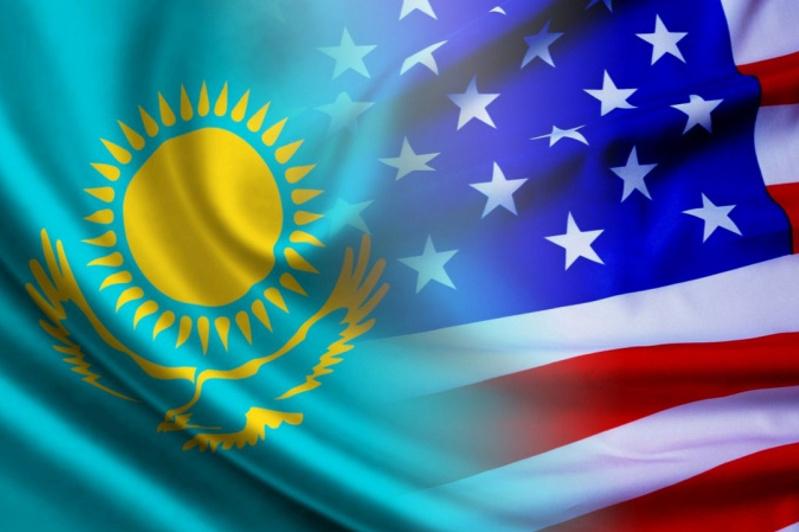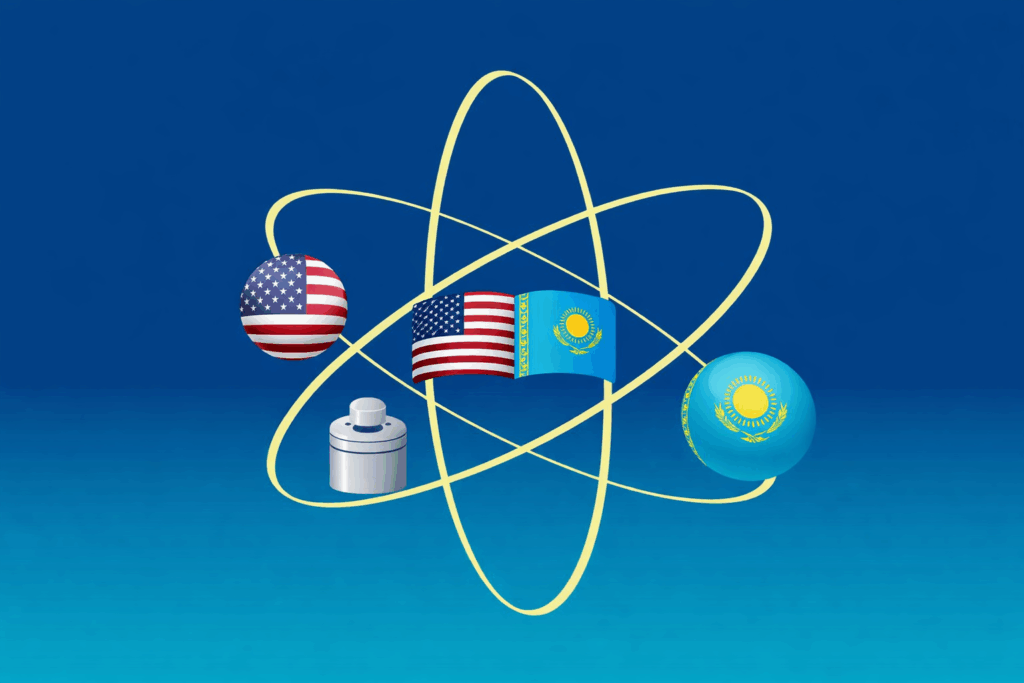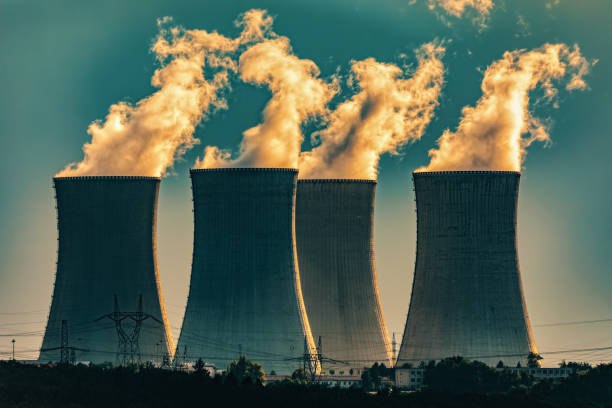On Monday, 11 December 2023, the U.S. House of Representatives passed a new bill banning imports of Russian uranium. While the bill would need to pass the U.S. Senate and be signed off by President Joe Biden in order to become law, this first step towards legality raises questions about the future of nuclear energy in the U.S., and which country could provide the resources necessary to facilitate it going forwards. This bill represents a significant opportunity for Kazakhstan, the world’s largest producer of uranium, which could potentially step into the breach and provide the mineral necessary to meet the U.S.’ nuclear energy needs.
If successfully made into law, the bill entitled the “Prohibiting Russian Uranium Imports Act” will see a complete ban on unirradiated low-enriched uranium (the type used to make nuclear fuel) that is produced in Russia, and annual caps on the amount of low-enriched uranium that can still be imported from the country until 2027. Waivers have been built into the wording of the legislation to allow the U.S. Department of Energy (DOE) to work around the ban if no feasible alternative is found to sustain the functioning of a nuclear reactor or nuclear company. However, the bill also guides the DOE to submit a report outlining the alternatives to Russian-produced uranium, which could be utilized over the next five years. One country sure to be on their radar is Kazakhstan.
A former powerhouse of the Soviet Union’s nuclear weapons testing program, Kazakhstan was left with significant infrastructure for uranium mining after the collapse of the bloc in 1991. Its nuclear production is currently monopolized by one company, Kazatomprom, which has emerged as a global leader in the field. Although the U.S. mines its own uranium, it does not produce enough to meet its domestic demands for nuclear power, which in the year 2022 was over 20,100 metric tonnes in total. That year, the U.S. produced 75 metric tonnes of uranium ore from its own mines. By comparison, Kazakhstan produced 21,227 metric tonnes in the same time period.
Mukhtar Dzhakishev, the former head of Kazatomprom, has spoken about the necessity of increasing the volume of production in Kazakhstan if it were to be a viable candidate for replacing Russia’s supply to the U.S. Greater resources would need to be directed towards mining if the country were to increase its annual uranium yield to make up for the lost volume of Russian uranium.
If the U.S. were to seek a trade agreement with Kazakhstan to bolster its nuclear power supplies, it would indicate an alignment with the European Union, which recently expressed a desire to conduct increased trade with countries in Central Asia. Given that the largest exports from Central Asian countries to Europe are of natural resources such as oil, gas and metals, it is safe to assume that energy will be one of the key goals in any trade deals the EU tries to negotiate.
These announcements have arisen in the wake of Russia’s war in Ukraine, which has triggered a seismic shift in both political lines and public opinion in the West regarding the CIS countries (who formerly made up the Soviet Union), with the view of Russia as the region’s major and most important power being gradually eroded. As Western countries look to distance themselves from Russian-supplied energy and with Kazakhstan and its neighbors increasingly seeking to diversify their relationships, this could present a natural opportunity for Kazakhstan and other Central Asian states like Uzbekistan, another major producer of uranium, to agree deals on the supply of nuclear fuel and other natural resources (such as crude oil) with Western nations.
Potential trade deals with Kazakhstan could represent a longer-term solution to energy concerns in Europe as well as the U.S. The sanctions targeting Russia created serious difficulties for European countries reliant upon Russia for a significant portion of their energy supplies. Without adequate backup planning for a similar eventuality, the Nord Stream 2 pipeline in the Baltic Sea was put on hold, and countries turned to oil-rich Gulf states such as Qatar and Saudi Arabia for alternative energy deals to avoid the prospect of their citizens being left without heating in the winter.
Despite ongoing plans to build them, Kazakhstan does not currently have any nuclear reactors capable of generating electricity for its domestic market, and it has no nuclear weapons program following the collapse of the Soviet Union. Therefore, its entire production of uranium is theoretically well-placed for sale internationally. While the European market will likely be primarily interested in Kazakhstan’s oil and gas reserves (Germany, the world’s largest importer of natural gas, completed a total phaseout of nuclear power this year), uranium may find itself in higher demand over time as Western nations look for cleaner energy solutions for the long-term.
Another challenge which could complicate Kazakhstan’s position as a potential provider of nuclear power to the U.S. and other countries sanctioning Russia lies in the fact that Kazakhstan’s uranium production is deeply intertwined with Russia. This means that some of the uranium being sold by Russian companies to foreign buyers, including the U.S., was actually mined in Kazakhstan whilst being the legal property of Russian suppliers due to fuel contracts. Kazatomprom also routinely mines uranium from sites within Kazakhstan, which is then sent on to Russia for the enrichment process, as Kazakhstan currently does not have the technology to conduct this process domestically.
This Russian involvement in the uranium production process may present a legal challenge to potential U.S. buyers as the wording of the bill prohibits uranium produced in Russia. The severity of this challenge will depend on whether legislators require that the bill solely apply to uranium wholly produced by the sanctioned state, or whether this meaning will be expanded to include partial production, too. In the meantime, Kazatomprom and key decision makers in the U.S. and Kazakhstan should be exploring alternatives to processing Kazakh uranium in Russia, such as whether this infrastructure can be set up in Kazakhstan or whether a neutral third country could be contracted to process the mineral.
The new bill will now need to pass the U.S. Senate after its winter adjournment and no new progress can be made on this issue in the meantime. If it passes, and solutions to the potential obstacles can be found, this could constitute an important new step for Kazakhstan’s economy and its position on the world stage.

Emily Rowland holds a BA in Modern Languages and an MSt in Slavonic Studies from the University of Oxford. Her research interests include social and geopolitical issues affecting the Central and Eastern European region.









